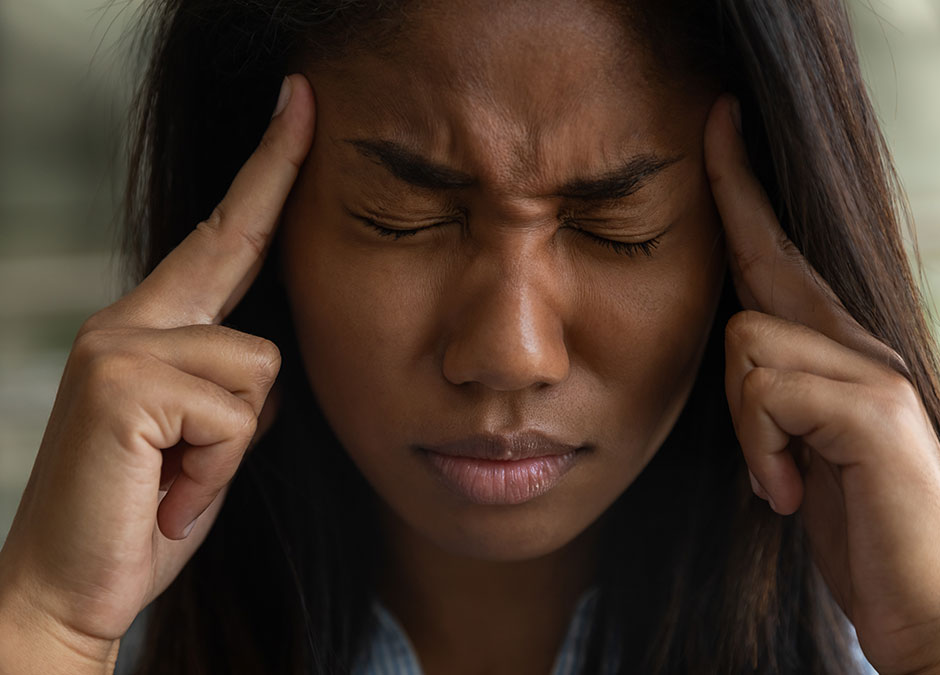Symptoms and Causes of Chronic Migraines
Chronic migraine is defined when it happens more than 15 days in a month. The rate of episodic headaches becomes more frequent and non-stop, as time progresses and with each passing day. When sufferers resort to using certain medications to ease headaches too often, it increases the frequency of headaches happening.
Other causes linked to chronic migraine include factors such as:
- Excessive body weight and lack of exercise
- Disturbing sleep patterns such as snoring and vivid nightmares
- The development of a series of mood disorders including psychological issues like anxiety and depression
- Caffeine addiction
- A traumatic past due to disturbing events like sexual abuse, childhood bullying, and such
Some common symptoms of chronic migraine include:
- Headaches that are either moderately painful to extremely deliberating, especially when there is physical activity involved
- Aching on one side of the head, or both
- A throbbing sensation that emits pressure
- Photophobia, sensitivity to sound, and disrupted olfactory senses
- Feeling nauseous
- Feeling light-headed
Since symptoms of episodic migraine and chronic migraine are similar, the only thing that distinguishes them apart is the rate of frequency of headaches.
Signs of how an episodic nightmare can turn into a chronic migraine are:
- Your migraine attacks are happening more frequently
- Your medication increases due to your high-frequency rate of migraine pain
The Diagnosis of Chronic Migraines
Your doctor will perform a medical examination on you and ask you questions such as:
- Your migraine pattern, when and how your migraines start. For example, do you experience episodic or continuous attacks? What is the length of your migraine? Is there any reason that can aggravate your migraine even further?
- Your migraine pain description, for example, where the migraine is, how the pain feels, and how painful it is.
- Other accompanying signs such as blur vision, fatigue, neck pain, feeling nauseous, and such.
How to Manage and Treat Chronic Migraines
There are various ways to treat chronic head pain. For starters, you can make some lifestyle changes which include:
- Weight management
- Exercise
- Stress management
- A well-balanced meal
- Drinking lots of water
- Seek immediate treatment (with a qualified practitioner)
Say Goodbye to those Pesky Migraines!
For the best treatment of your chronic migraines, you can come to Head Pain Institute. We specialize in treating all kinds of head pain-related illnesses such as chronic migraines to sleep disorders. So, call us now!




